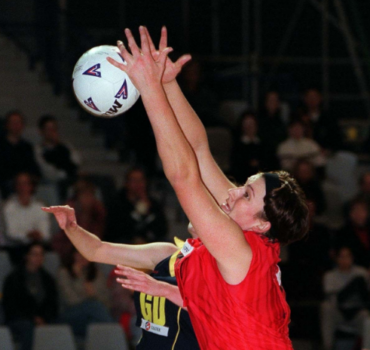

Karen Scott
Local Karen Scott is the chief executive of Enrich Group, one of the region’s largest disability providers.
A colourful career that includes netball, police, policy making, and support work has led her to become the sector leader that she is.
Although Enrich is based in Te Awamutu, Scott lives in Cambridge with her husband Roger and their son.
She joined the disability sector as a support worker when she was 17, after completing a teaching people with disabilities certificate. However, this was initially a means to an end.
She studied early childhood education at the University of Waikato, but focused her career on being a professional athlete.
“At that time, I thought my career was netball.”
She played goal shoot in the ANZ Cup for the Waikato Wildcats in the late 90s and would later go on to play for the Counties Manukau Cometz and internationally in Cardiff.
She moved on from her athletic career when she returned from Cardiff in 2002, and began work for the Halberg Trust, which helps to enrich the lives of disabled people through sport and recreation.
“That is when I caught the bug around policy and found out that changes need to be made for people who have disabilities.”
That ‘bug’ led Scott to study policy and political science papers at the University of Waikato.
She would later work for the Ministry of Justice on the sale and supply of alcohol, and its impact on youth offending. Then the police’s Alco-link division in Wellington, to help implement processes centred around the relationship between alcohol and offences.
She eventually became a project manager for ACC and did more work to prevent alcohol related harm.
Scott left the government sector because she found the lack of synergy between the different agencies frustrating.
“I wasn’t the best government bureaucrat, my values are around no duplication, and I love synergising.”
She joined Enrich Plus as an executive project manager in 2017 and became Enrich Group’s chief executive in 2019. Scott is Enrich’s (formerly Gracelands) third CEO and considers her position to be a privilege.
“Everybody needs the right to have what their good life looks like.”
“If I can make a difference by writing the right policy, or getting the right contract in, and someone achieves something little or big, then I think I’ve been really successful.”








